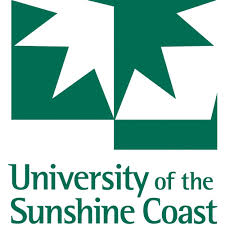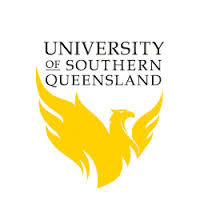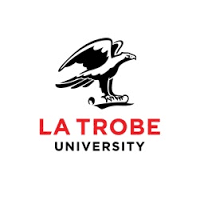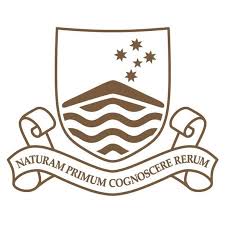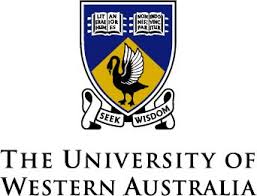Australia
Science in Australia
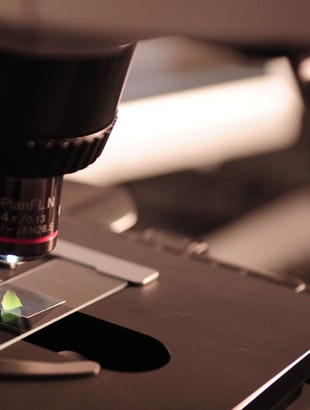
Science in Australia
Science is one of the most versatile fields of study that basically refers to the painstaking accumulation and organization of knowledge which can be rationally explained, tested and reliably applied in real life. The undergraduate level courses at Australian universities are broad-based qualifications which allow students to study a wide range of subjects and build a strong foundation for the future. On the other hand, at the post graduate level, Australian universities offer coursework-led degrees or research-led degrees for students to choose as per their inclination.
Benefits of studying Science in Australia
- Australian universities offer plethora of undergraduate and post graduate courses in the science stream to students across the globe
- Students, at both undergraduate and post graduate level, are exposed to practical and theoretical study to enhance their skills and knowledge base
- Students are made to learn the art of team work, conduct in-depth research and strengthen their leadership skills
- Studying science in Australia helps students gain more international exposure and understand the industry in a better way
Selecting a university
The journey towards finding your perfect university should be a lot less daunting with this simple university selection criteria list: -
- Australian university ranking – University rankings help you find the best universities for your area of study.
- Location – Location of the university matters. Make sure the one you select is located in a good area and is well connected to the rest of the country as you have to stay there for a prolonged period.
- Cost of Study – Fee structure of your course may vary from university to university. Choose the one that best suits your criteria and budget.
- Academics – Do an in-depth study of the academic performance of the universities to analyze whether it is worth taking admission or not.
- Infrastructure – Make sure that the university you are selecting has good infrastructure for research work, practical assignments and class room study.
Requirements for admission in Australia
To get an admission in science in Australia, students must fulfill the following criteria: -
- For Undergraduate
- completion of 12 years of elementary and secondary education
- School mark sheets and other documents as mentioned by university on its website/brochure
- A good IELTS score
- For Post Graduates
- relevant undergraduate degree from a recognized university or an equivalent diploma or certificate in the field of science
- proficiency in English
- work experience (as needed by some universities)
- A good IELTS score
Universities in Australian
Australian Catholic University | Australian National University (ANU) | Bond University | Central Queensland University | Charles Darwin University | Charles Sturt University | Curtin University of Technology | Deakin University | Edith Cowan University | Flinders University | Griffith University | James Cook University, Brisbane | La Trobe University | Macquarie University | Monash University | Murdoch University | Queensland University of Technology | RMIT University | Southern Cross University | Swinburne University of Technology | The University of Melbourne | The University of New England | The University of Newcastle | University of Adelaide | University of Ballarat | University of Canberra | University of New South Wales | University of Queensland | University of South Australia | University of Southern Queensland | University of Sydney | University of Tasmania | University of Technology, Sydney | University of the Sunshine Coast | University of Western Australia | University of Western Sydney | University of Wollongong | Victoria University
Back





























